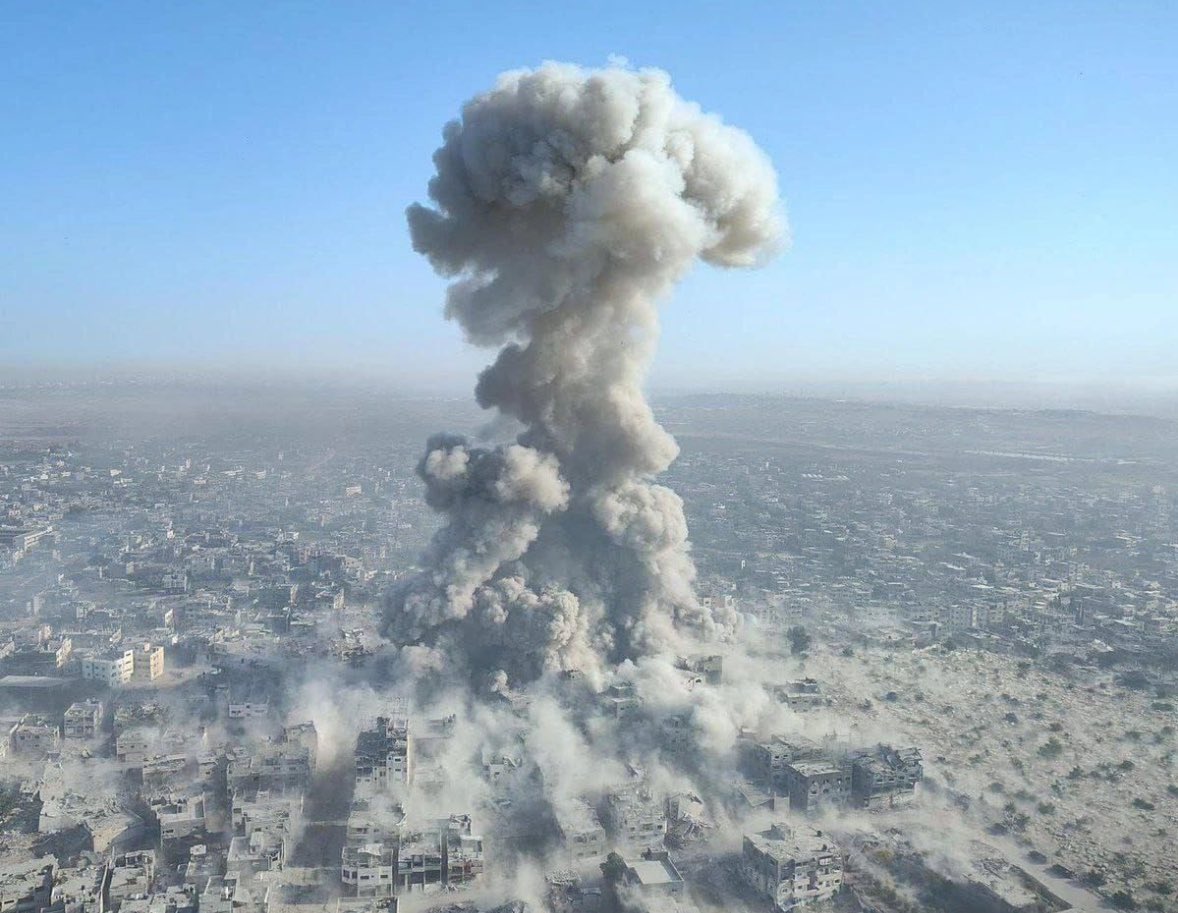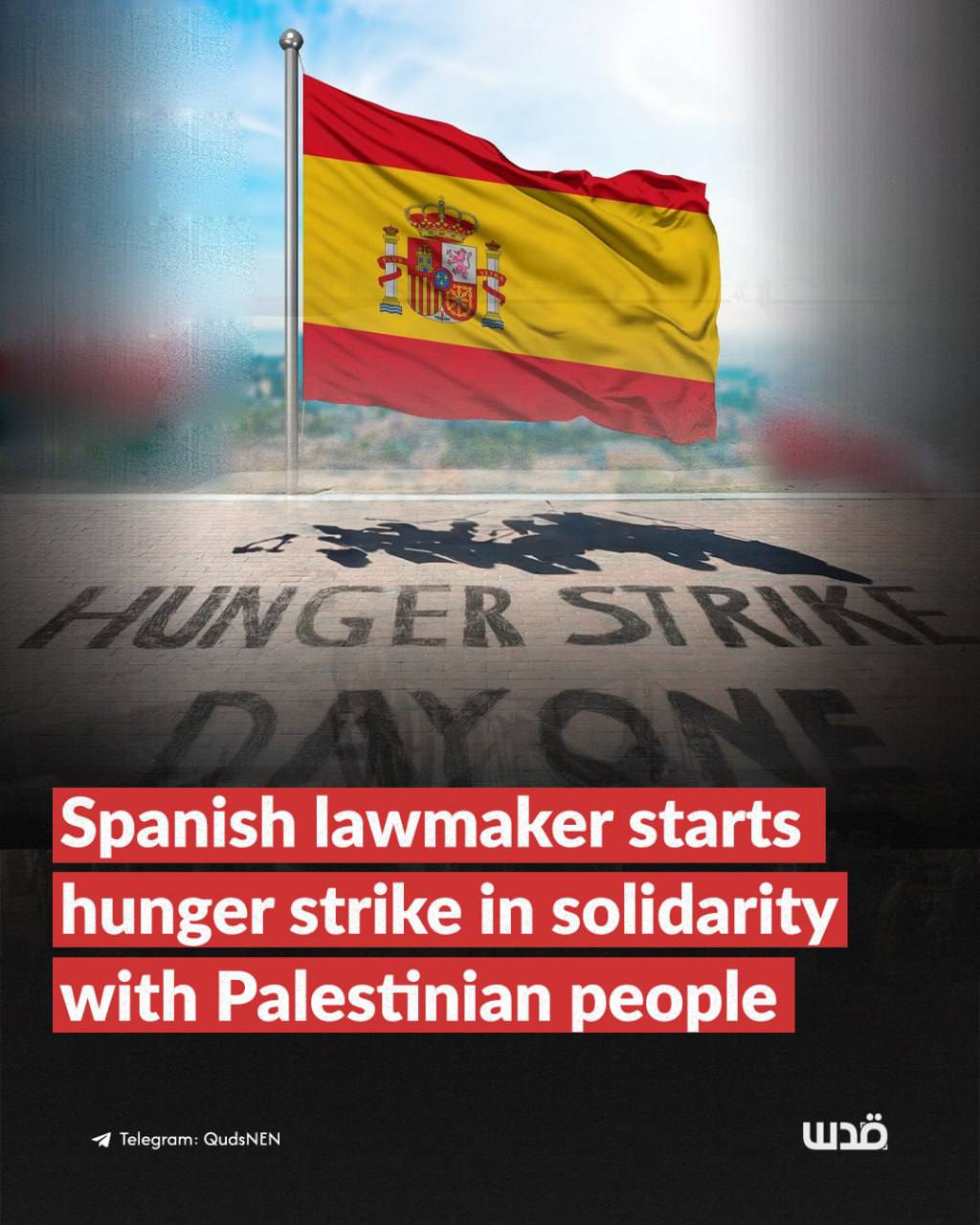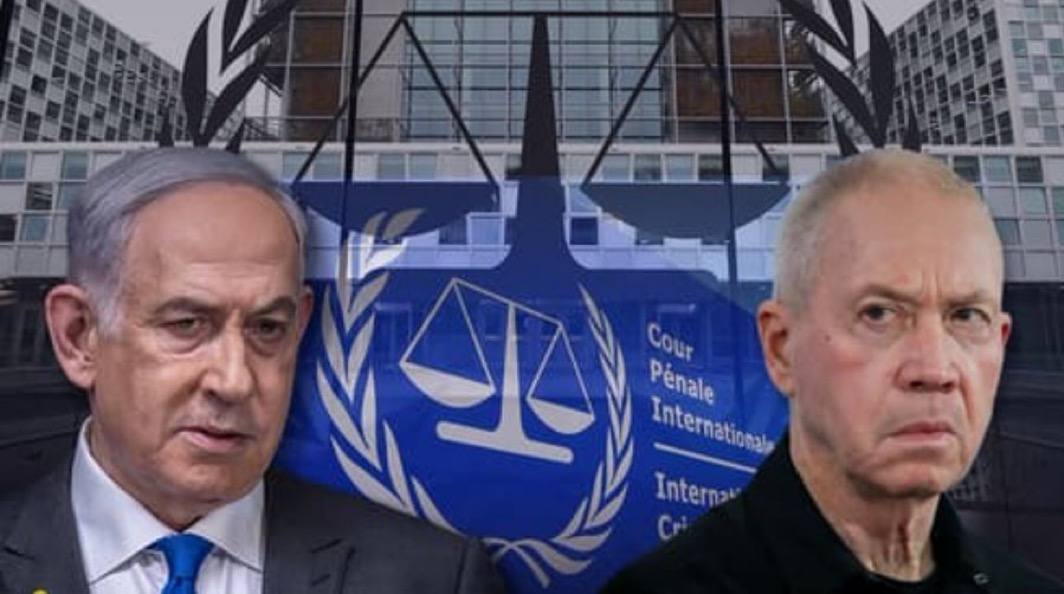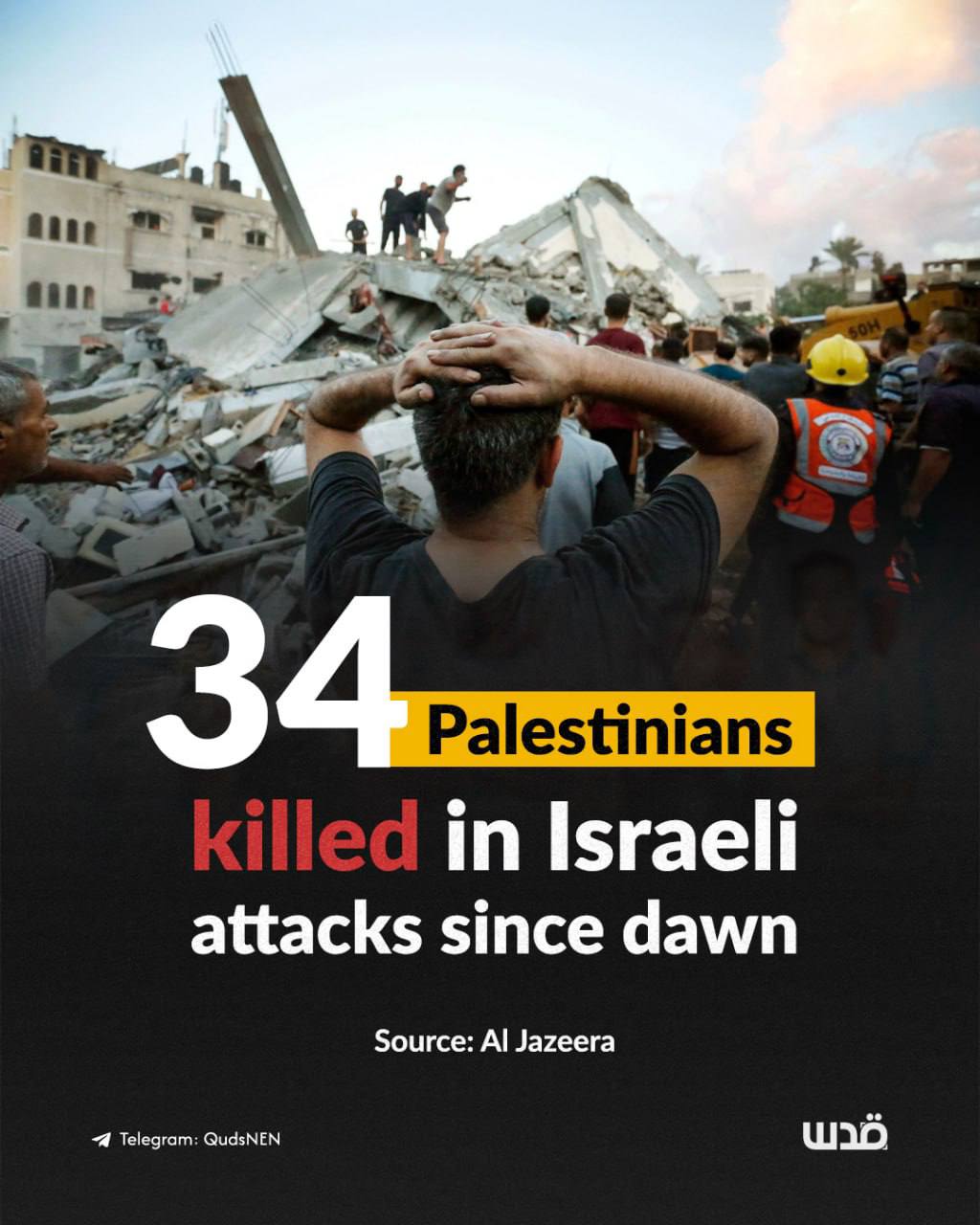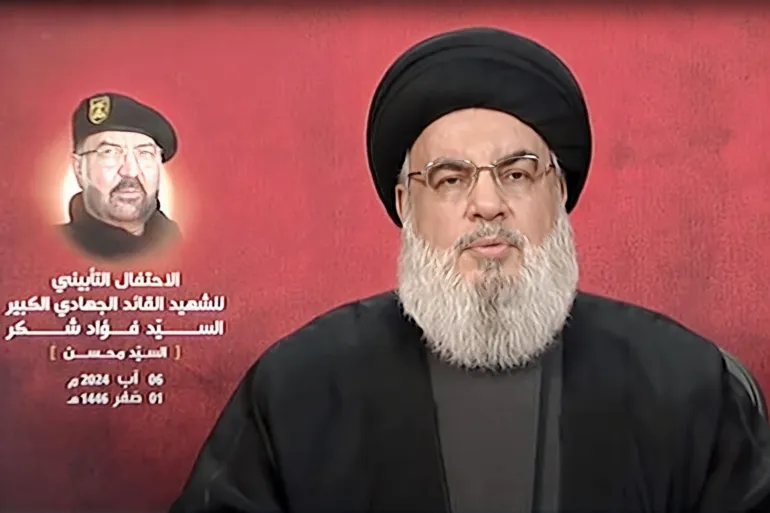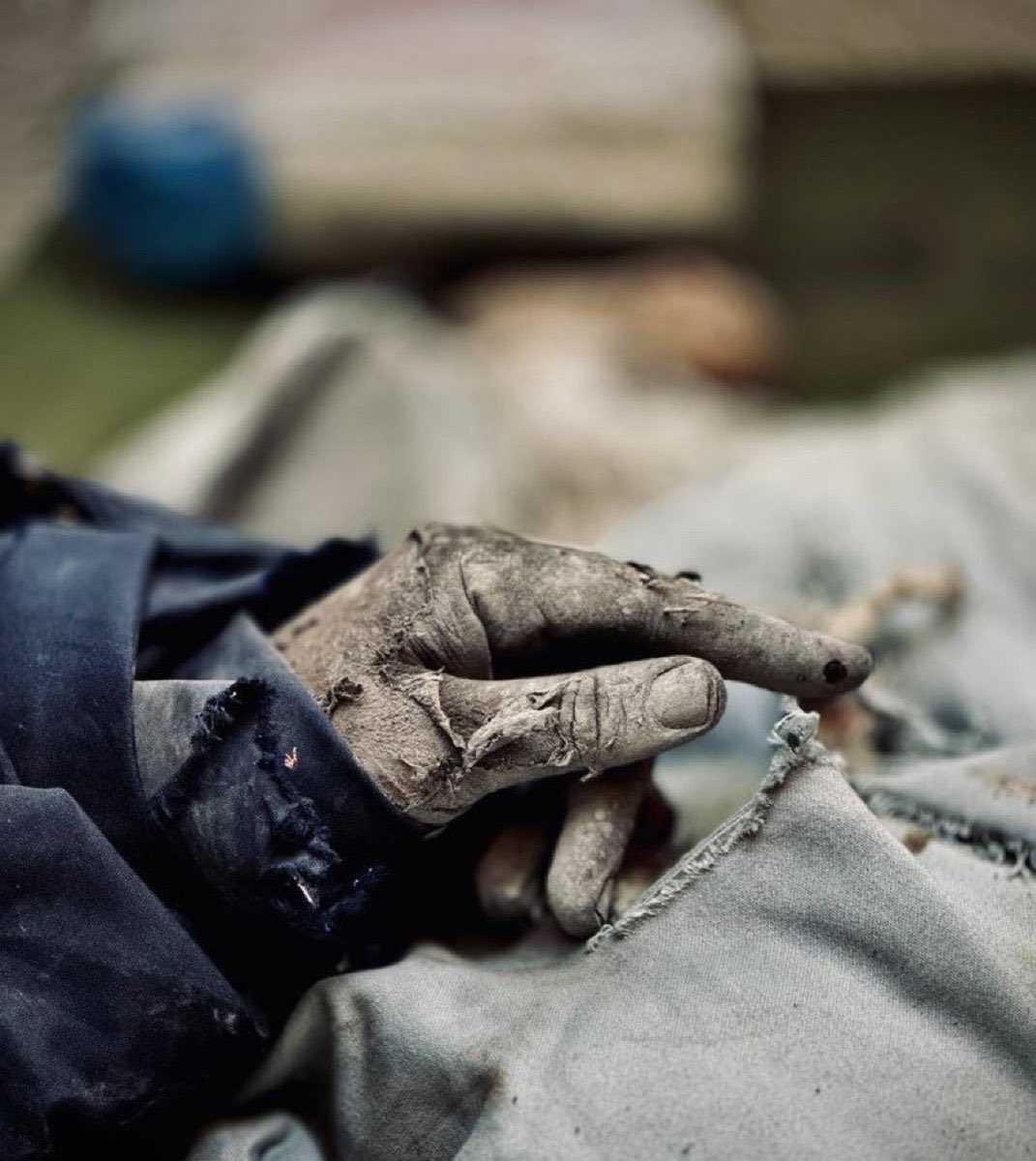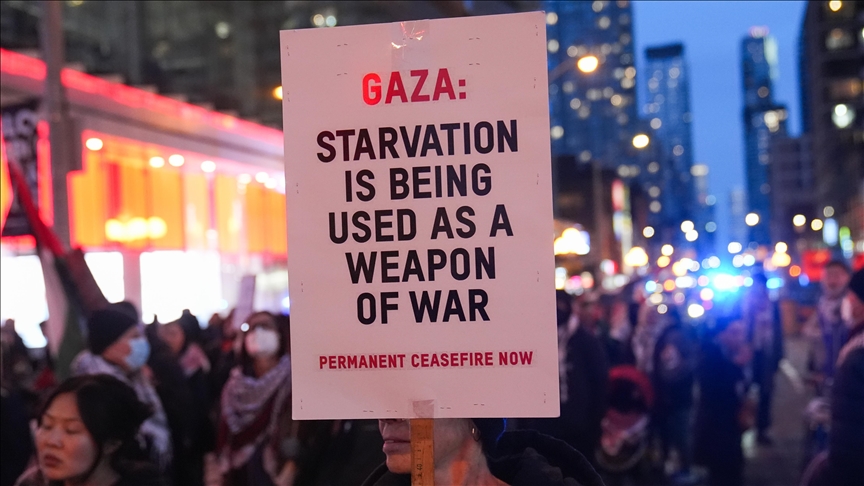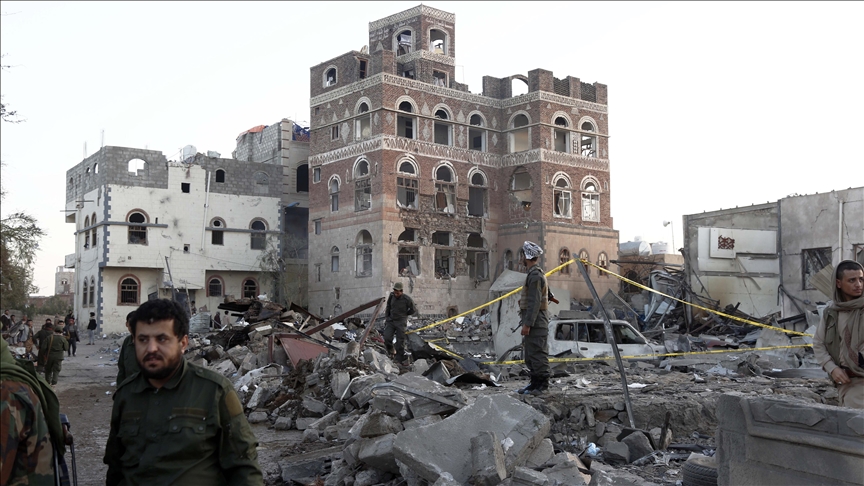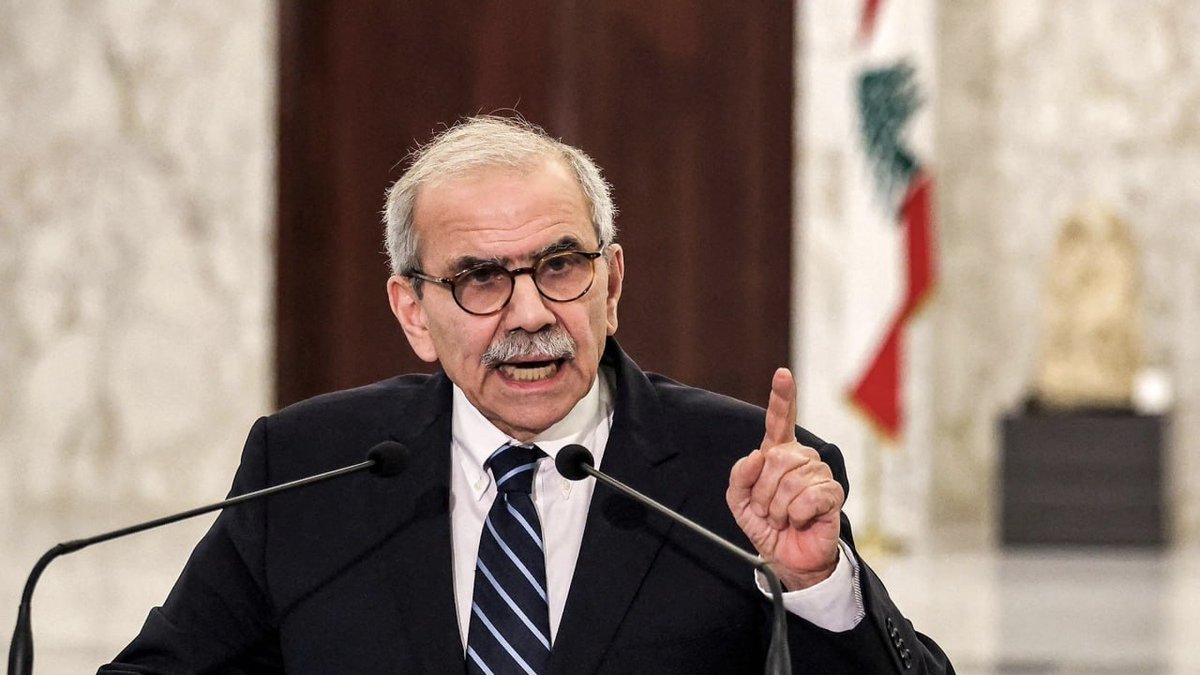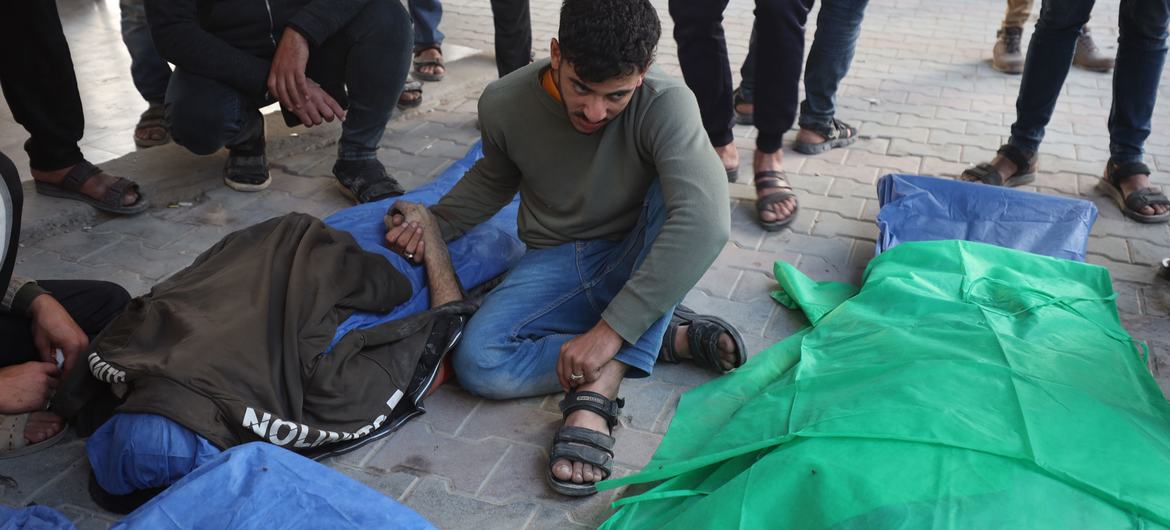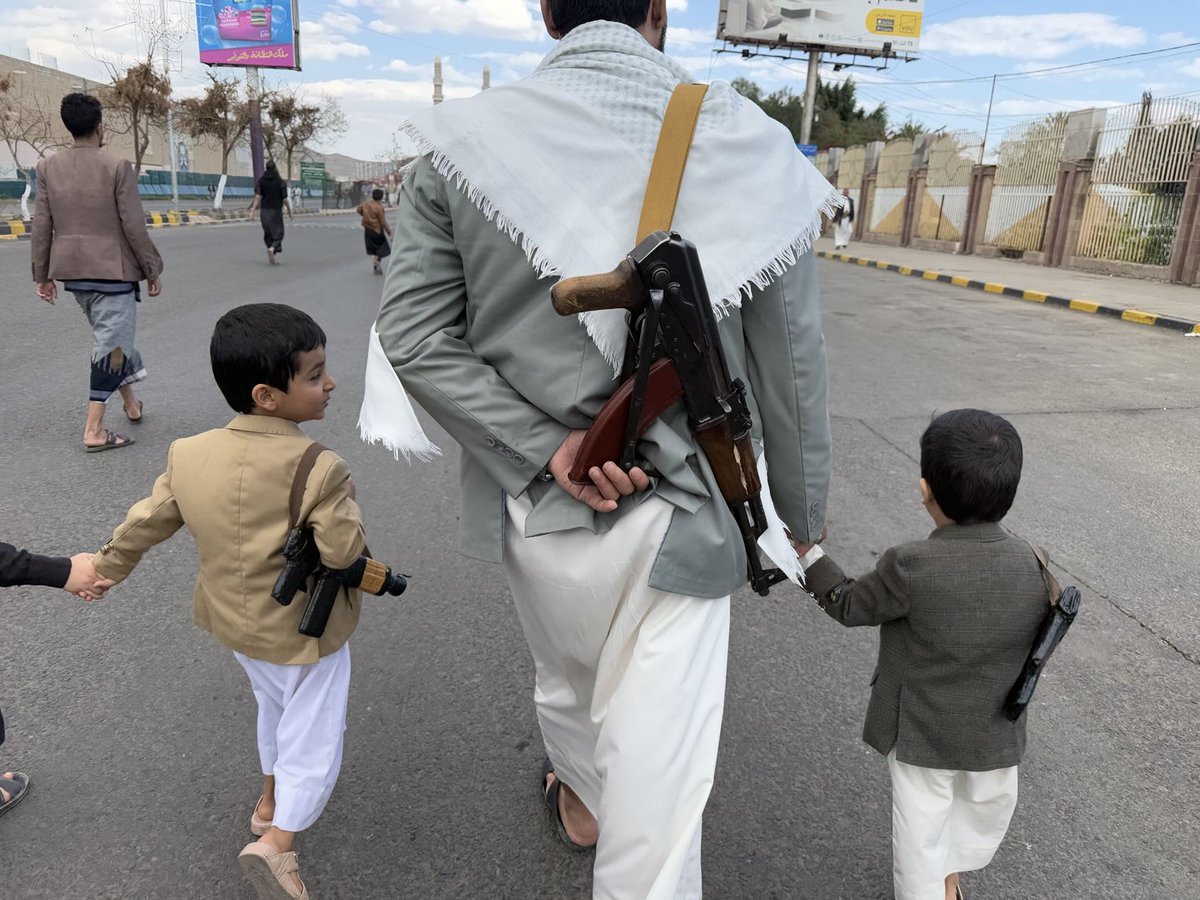The A, B, C to a Ceasefire
A cease-fire agreement between Lebanon and Israel went into force early Wednesday to end over 14 months of fighting between the Israeli army and Hezbollah group.
In a 13-item document obtained from a government meeting on Wednesday, the Lebanese Cabinet reaffirmed its commitment to implementing UN Security Council Resolution 1701 in its entirety.
Resolution 1701, adopted on Aug. 11, 2006, calls for a complete halt to hostilities between Hezbollah and Israel and the establishment of a weapons-free zone between the Blue Line and the Litani River in southern Lebanon, with exceptions for the Lebanese army and the UN peacekeeping mission (UNIFIL).
The cease-fire deal took effect hours after US President Joe Biden said a proposal to end the conflict had been reached, amid hopes it would stop Israeli airstrikes on Lebanese towns and cities and end the year-long cross-border fighting.
Over 3,800 people have been killed in Israeli attacks in Lebanon and over 1 million displaced since last October, according to Lebanese health authorities.
The document seen by Anadolu includes 13 items as follows:
1- Israel and Lebanon will implement a cessation of hostilities beginning at 04:00 hours (IST/EET) on November 27, 2024, in accordance with the commitments detailed below.
2- From 04:00 hours (IST/EET) on November 27, 2024, forward, the Government of Lebanon will prevent Hezbollah and all other armed groups in its territory from carrying out any operations against Israel. In return, Israel will not conduct any offensive military operations against Lebanese targets, including civilian, military, or other state targets, by land, air, or sea.
3- Israel and Lebanon recognize the importance of UNSCR 1701 in achieving lasting peace and security and commit to taking steps towards its full implementation without violations.
4- These commitments do not preclude either Israel or Lebanon from exercising their inherent right to self-defense, consistent with international law.
5- Without prejudice to the United Nations Interim Force in Lebanon (UNIFIL) and its responsibilities, or to commitments in UNSCR 1701 and its predecessor resolutions, Lebanon’s official military and security forces, infrastructure, and weaponry will be the only armed groups, arms, and related materiel deployed in the southern Litani area, as shown in the attached LAF Deployment Plan (hereinafter “the Southern Litani Area”).
6- Consistent with UNSCR 1701 and its predecessor resolutions, and to prevent the reestablishment and rearmament of non-state armed groups in Lebanon, any sales or supply of arms and related materiel into Lebanon will be regulated and controlled by the Government of Lebanon. Additionally, all production of arms and related materiel within Lebanon will be regulated and controlled by the Government of Lebanon.
7- Upon the commencement of the cessation of hostilities (as per paragraph 1), the Government of Lebanon will provide all necessary authorities, including freedom of movement, to Lebanon’s official military and security forces. It will instruct them, consistent with UNSCR 1701 and its predecessor resolutions, to:
a. Monitor and enforce against any unauthorized entry of arms and related materiel into and throughout Lebanon, including through all border crossings, and against the unauthorized production of arms and materiel within Lebanon.
b. Dismantle all unauthorized facilities involved in the production of arms and related materiel in the Southern Litani Area and prevent the establishment of such facilities in the future.
c. Confiscate all unauthorized arms and dismantle unauthorized infrastructure and military positions in the Southern Litani Area.
8- The United States and France intend to work within the Military Technical Committee for Lebanon (MTC4L) to enable and achieve the deployment of 10,000 LAF soldiers to southern Lebanon as soon as possible. They also intend to work with the international community to support the LAF’s capabilities.
9- Upon the cessation of hostilities, and in coordination with UNIFIL, Israel and Lebanon will reformulate and enhance the tripartite mechanism (hereinafter “the Mechanism”), which will be hosted by UNIFIL, chaired by the United States, and include France. The Mechanism will:
a. Monitor, verify, and assist in ensuring enforcement of these commitments.
b. Strengthen the LAF’s capacity to inspect and dismantle unauthorized sites, confiscate weapons, and prevent the presence of unauthorized armed groups.
10- Israel and Lebanon will report any alleged violations to the Mechanism and UNIFIL, without prejudice to their rights to communicate directly with the UN Security Council.
11- Upon cessation of hostilities, Lebanon will deploy its official military and security forces to all borders and regulate all land, air, and sea crossings.
12- Israel will withdraw its forces south of the Blue Line in a phased manner while the LAF deploys in the Southern Litani Area, as detailed in the attached Deployment Plan. This process will be completed within 60 days.
13- Israel and Lebanon request that the United States, in partnership with the United Nations, facilitate indirect negotiations to resolve remaining disputed points along the Blue Line, consistent with UNSCR 1701.
These commitments aim to enable civilians on both sides of the Blue Line to return safely to their homes and lands. The United States and France further intend to lead international efforts to support capacity-building and economic development throughout Lebanon to promote stability and prosperity in the region.”

